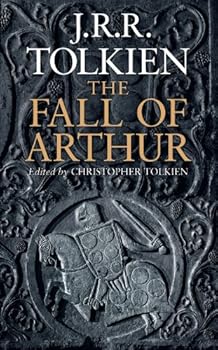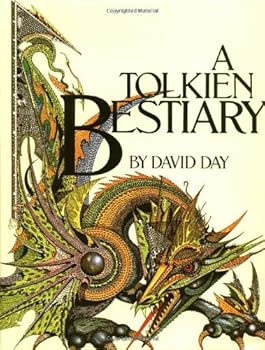The Hobbit is just good clean fun, delightful for children and adults. If you’ve read LOTR and wondered how Bilbo got the ring, here’s the story. I enjoyed Tolkien’s omniscient narrator style in this book — somewhat like Thackeray’s Vanity Fair, and more recently Clarke’s Jonathan Strange and Mr. Norell — which I suppose he adopted because he was writing for children. I think it’s charming.
I highly recommend the audiobook,
Read More

 (1892-1973)
(1892-1973)


































No Buddha mentioned in the book, but he DOES seem to suggest that fly fishing = true happiness....
Big fan of the Corum books. I am currently re-reading them through the audiobooks, just finished the first book.
So, Oliver doesn't entertain the possibility that humans will never be truly happy, whether in primitive, challenging circumstances or in…
For me, Marion, it would be hard enough to build a shelter and fire, find food, and weave clothing in…
I'd love the hear Kat the neuroscientist weigh in on this one! It sounds like a fascinating sociological study, but…